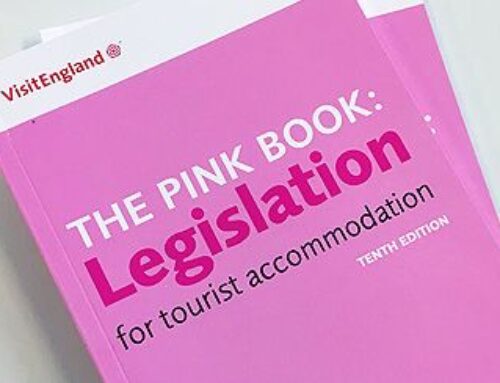Whatever we call them, payments from customers to staff, in recognition of good service rendered, tips in everyday language, have always been a hot potato for the ‘Tax Man’.
Whilst the fate of individuals is not our direct concern, the issue is that HMRC can potentially pursue the employer, when tax and National Insurance have not been dealt with correctly.
For best guidance the remainder of this article is written so that you, the employer, may read and ‘tick’ each paragraph in the order presented, using an effective process of elimination in reviewing your systems and procedures.
The Mandatory Service Charge
Whilst these are probably the most unusual, they are even more so, because Vat is suffered on a mandatory service charge, in addition to income tax and employer and employee National Insurance (where they become wages).
Are these really an option from their impression to customers, let alone the tax treatment?
Care should be taken that if a voluntary service charge is suggested, that it is clearly heralded as voluntary, otherwise the risk is treatment as mandatory.
Tips of Cash Given Directly to Employees
Where the employer has no involvement in the processing or handling of the tip, they are for instance left on the table at the end of a meal, or in the hotel bedroom, then PAYE does not apply, and the employer has no action to take.
The individual that receives the cash is to declare this themselves on their own tax return. They will be liable for income tax, but not National Insurance.
Tips Handled by the Employer and Allocated at their Discretion
Where the employer controls the collection and allocation of tips amongst the employees, the money should be processed via PAYE, and income tax, employers and employees National Insurance will be payable.
Tips Handled by the Employer but NOT Allocated at their Discretion
Where the employer receives at least card payments and hands them to the employee, without further involvement, then National Insurance is not payable on the amount.
This usually involves the appointment of a tronc master but not necessarily operation of a tronc. And does require its registration by the employer with HMRC.
Tronc:
All monies transfer to the tronc master, either directly in cash, or by handover of card receipts by the employer. The tronc master is then responsible for the operation of a separate PAYE scheme for that tronc, and also for the policy on distribution of the tips to the employees.
The employer has no say in how the tips are distributed.
Without a Tronc:
It is possible for an employer to appoint a tronc master, but clearly maintaining no involvement in how the tronc is distributed. And then for the employer to process the tronc through the employers payroll. (Without payment of national insurance on the tips amount.)
This has been specifically exampled by HMRC and the Spirit Group. (Now Spirit plc)
Administration Charge
It is permissible for an employer to charge for administration of a tips scheme, by deduction from the tronc. This is subject to best practice guidance (issued by the British Hospitality Association), but may be 10% of gross funds for example.
Guidance on Transparency of Tips Policies
The Department for Business Innovation and Skills has issued guidance that a businesses tips policy should be made available to consumers, before they make their decision to make a discretionary additional payment. This information should cover:
- Whether a charge is mandatory or discretionary.
- Whether an amount is deducted to cover administration.
- Whether cash tips and card tips are distributed differently.
- How any remainder is shared between employer and employees.
The following links provide specific and definitive guidance:
http://www.hmrc.gov.uk/helpsheets/e24.pdf
http://www.direct.gov.uk/en/Employment/Employees/TheNationalMinimumWage/DG_181935




